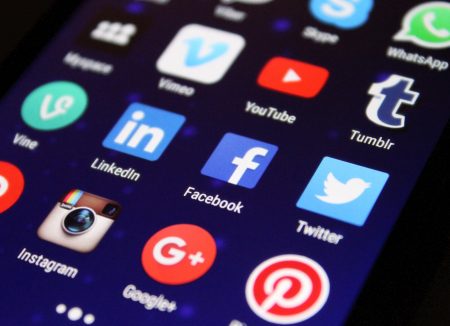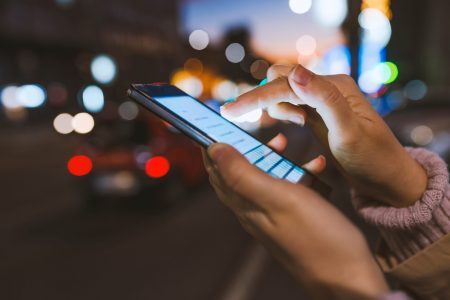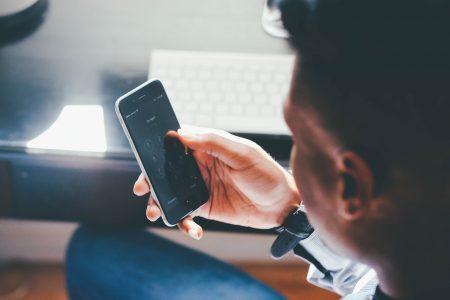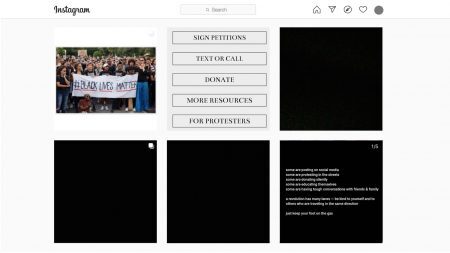Amid claims of social media platforms stifling free speech, a new challenger called Parler is drawing attention for its anti-censorship stance. Last week,…
Browsing: social media
As businesses around the world slowly start to reopen after being forced to shut down operations due to the COVID-19…
Fifty-six billion dollars. That’s what Facebook’s share price lost on Friday after news that consumer giant Unilever would pull its…
Back in 2018, following the Cambridge Analytica scandal which saw Facebook exposed as sharing private, personal data with developers that…
Blessed be the gods of the dark mode, that feature which helps all of us that are constantly staring at…
The link between hot weather and aggressive crime is well established. But can the same be said for online aggression, such…
Now is not a great time to be involved in advertising for social media companies as, spurring on by events…
Undoubtedly you’ve heard reports that hackers and even foreign governments are using social media to manipulate and attack you. You may wonder how that is possible. As a professor of computer science who researches social media and security, I can explain – and offer some ideas for what you can do about it.
Twitter is designed to be consumed quickly, hence the very limited number of characters you’re allowed to use when sharing…
Earlier this week, you might have seen your social media taken over by a stream of posts showing simple images of a black square. These posts, often tagged with #BlackoutTuesday, were gestures of solidarity with protests against the police killing of George Floyd in Minneapolis.










